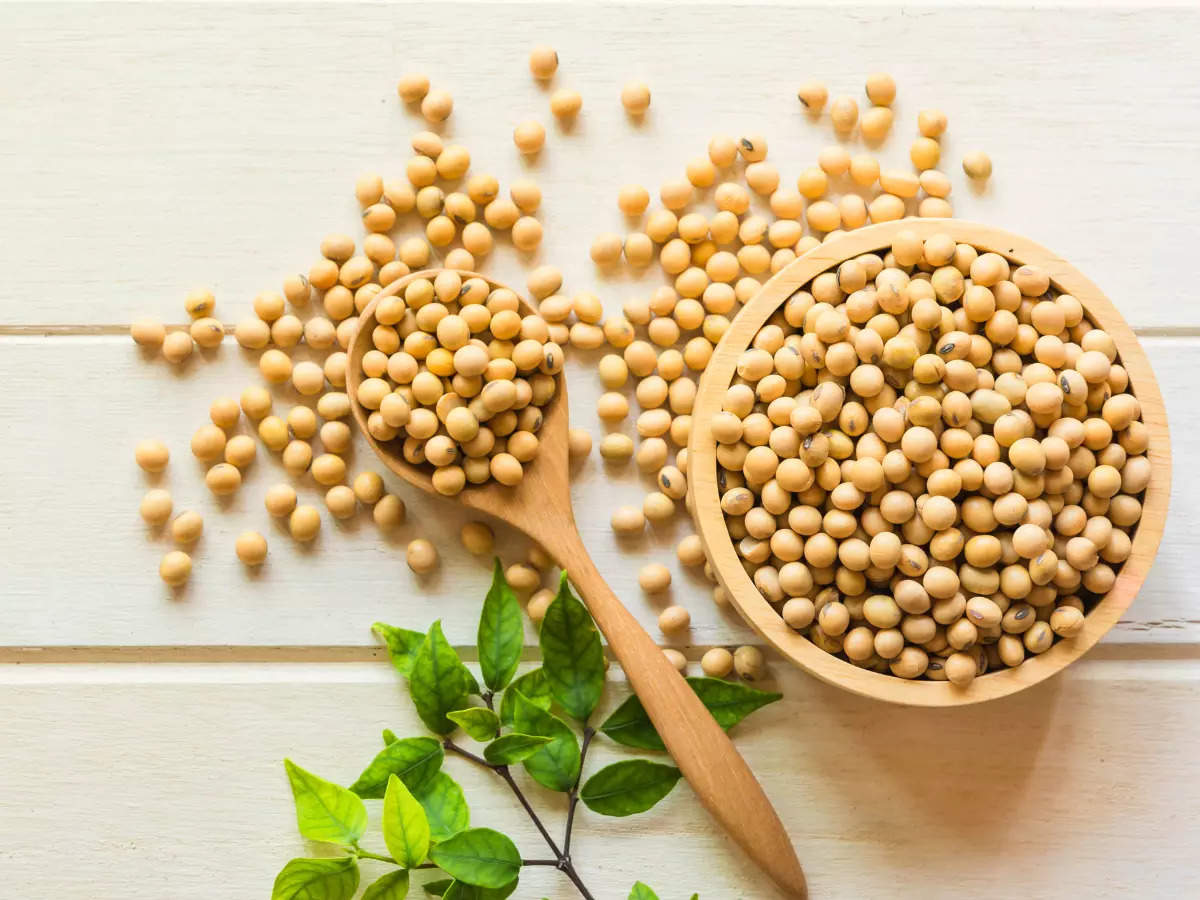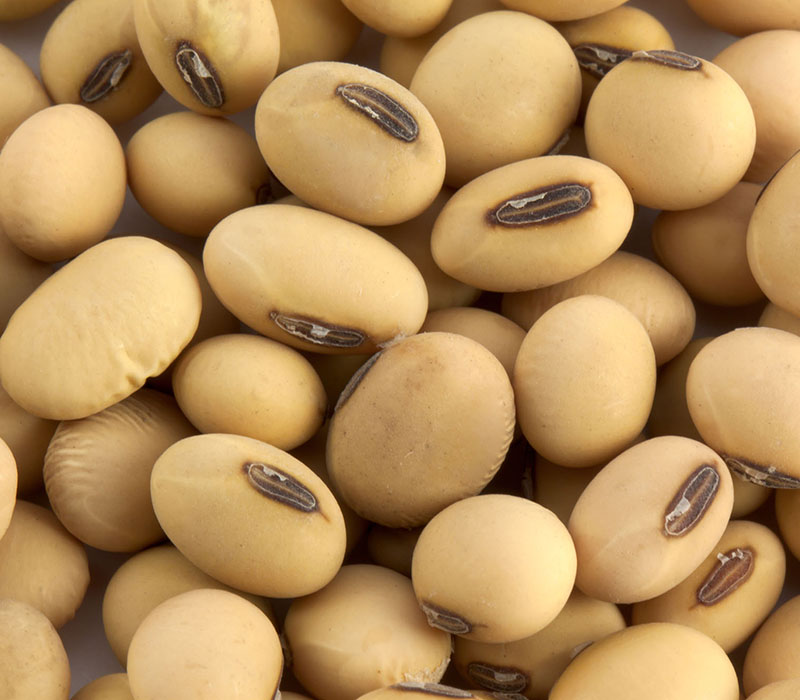
Soy has been a staple of diets around the world since ancient times. It is a versatile, nutrient-rich protein source and a great meat substitute. Soy is an excellent source of protein, fiber, and essential nutrients like calcium, iron, and potassium. It also contains phytoestrogens, which help regulate hormone levels and can help reduce the risk of certain diseases.

While the health benefits of soy have been widely touted, some concerns have been raised about the potential risks.
In this article, we’ll look at the pros and cons of eating soy and what you need to know to make informed decisions about incorporating it into your diet. From the environmental and health benefits to the potential risks, we’ll cover it all to help you make the best decision for your body and your lifestyle.
Whether you are thinking of incorporating more soy into your diet or want to know more about it, here are the potential pros and cons of eating a soy diet:
Pros of the Soy Diet
- Rich source of protein and minerals
Soy foods are a rich source of protein and minerals and are particularly high in iron, calcium, and potassium. Potassium is an electrolyte that helps to regulate blood pressure, promotes muscle function, and is beneficial for the function of your kidneys.

Calcium is essential for maintaining strong bones and teeth and preventing osteoporosis. Additionally, soybeans are a good source of Vitamin B-12 and Vitamin B-6, which are both important for energy metabolism and mood stabilization. Eating soy daily can help to prevent nutritional deficiencies in your diet.
- Can help reduce cholesterol levels
High cholesterol levels can lead to heart disease and are the leading cause of death among both men and women across the world.
Eating soy may reduce cholesterol levels and lower your risk of heart disease. Soy contains isoflavones, which help to prevent the body from absorbing cholesterol. Furthermore, soy isoflavones can help to prevent blood clots and reduce the risk of blood vessel damage.
- May help maintain a healthy body weight
Obesity is a growing worldwide problem related to an increased risk of certain diseases and health complications. Eating a diet that is rich in soy can help to maintain a healthy body weight and promote good digestive health.
Soybeans are fiber-rich, which can help keep your digestive system healthy and prevent weight gain. Soy isoflavones may also help to prevent obesity and metabolic disorders.
- Can help prevent certain types of cancer
Soybeans may help to reduce the risk of certain types of cancer, such as breast and prostate cancer. Soy isoflavones are thought to have anti-carcinogenic properties, which can help to prevent certain types of cancer.

Eating a diet that is rich in soy can therefore help to reduce the risk of certain types of cancer and promote general health and well-being.
- May increase bone mineral density
Soybeans are rich in calcium and protein, which are essential for maintaining healthy bones and preventing osteoporosis. Osteoporosis is a disease characterized by a reduction in bone mineral density, and a decline in bone mineral density can increase the risk of fractures.
Eating a diet that is rich in soy can help to increase bone mineral density and promote healthy bone health. This can help to reduce the risk of fractures, particularly in older populations where osteoporosis is more common.
Cons of Eating Soy Diet
While the soy diet may have numerous health benefits, there are drawbacks to consuming an excessive soy diet, and they include the following:
- Increased risk of kidney stones
:max_bytes(150000):strip_icc()/close-up-of-soy-beans-717368577-5abc422fba6177003796e9bd.jpg)
One potential disadvantage of a excessive soy-based diet is an increased risk of kidney stones. Research has shown that eating a diet high in oxalate can increase the risk of kidney stones, and soybeans are one of the highest dietary sources of oxalate.
However, there are a few ways to minimize this potential disadvantage:
- The oxalate content of soybeans can be reduced by sprouting or fermenting them.
- Try to minimize portion sizes if you are consuming soy-based foods, such as tofu or soy milk.
- Increase your calcium intake, as it can help reduce the risk of kidney stones.
- Increased risk of thyroid issues
Another potential disadvantage of soy-based diets is an increased risk of thyroid issues. Eating large quantities of soy has been shown to reduce thyroid function in some people, especially those with an iodine deficiency.
Additionally, soybeans contain goitrogens, which are substances that may interfere with the production of thyroid hormones. To minimize this potential disadvantage, avoid eating large quantities of soybeans. Focus instead on eating other soy-based foods, such as tofu, edamame, and soy milk.
- Allergies
Another potential disadvantage of eating a soy-based diet is allergies. For some people, soy allergies can cause uncomfortable symptoms, such as itchy skin, watery eyes, difficulty breathing, stomach cramps, and vomiting. The severity of allergies can vary from person to person.

Some people experience mild symptoms, while others may have to avoid all sources of soy. If you have been eating a soy-based diet and notice new symptoms, it may be a sign that you are developing a soy allergy. If you have been eating a soy-based diet for a long time and have never experienced any allergies, you do not need to worry about developing them.
Conclusion
Soy is a versatile and nutritious food with a lot to offer, with health benefits ranging from improved heart health to better digestion and even cancer prevention. But not everyone agrees that soy is healthy, and there are some potential drawbacks to consider. Before adding soy to your daily meals, it’s essential to understand its pros and cons and how it can affect your health.


